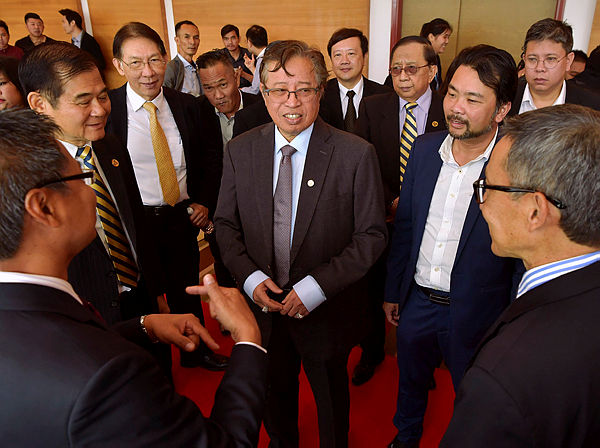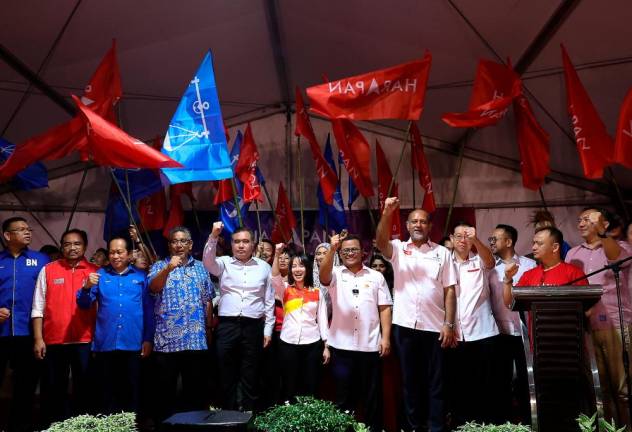KUALA LUMPUR: Sarawak’s push for responsible tourism will ensure minimal negative impacts while making sure that tourists and operators benefit from the industry, according to Chief Minister Datuk Patinggi Abang Johari Openg.
By understanding the nature of Sarawak’s tourism setting, product portfolios and fragile ecosystem, it is only fitting to practise responsible tourism to make it a better place for people to visit, he said.
“As a proponent of the Cape Town Declaration on Responsible Tourism, we in Sarawak recognise with the world that responsible tourism takes a variety of forms and is characterised by travel and tourism,” he said at the World Tourism Conference dinner here organised by the Sarawak Tourism Board on Monday night.
“Responsible tourism minimises negative economic, environmental and social impacts, generates greater economic benefits for local people and enhances the wellbeing of host communities and improves working conditions and access to the industry.”
He also said Sarawak offers tourism at its best with its outstanding natural ecological system and rich multi-racial diversity.
“Our tropical rainforest offers nature at its best,” he said. “Our Bako National Park traces its first visitor’s footprint to 1958, making it Malaysia’s oldest. Our Niah National Park houses our ancestors some 40,000 years ago and our Mulu National Park is Malaysia’s only gazetted natural built park in the Unesco World Heritage Site listings together with Kinabalu National Park in 2000.
“Sarawak, rich in its multi-racial diversity, is also home for festivals throughout the year. The celebration is endless, celebrated by the various ethnic communities. Our festival is unique and locals, visitors and tourists find common ground to celebrate together.”
During the dinner, delegates from the World Tourism Conference were treated to cultural dances from the Orang Ulu, Bidayuh, Iban, Melanau, Malay and Chinese.
There were also performances from Sarawakian singer Dayang Nurfaizah and Sarawak’s traditional musical instruments such as the sape.
They were also treated to Sarawak delicacies such as the Sarawak laksa and Borneo sour brinjal soup prepared by a chef from the state.










